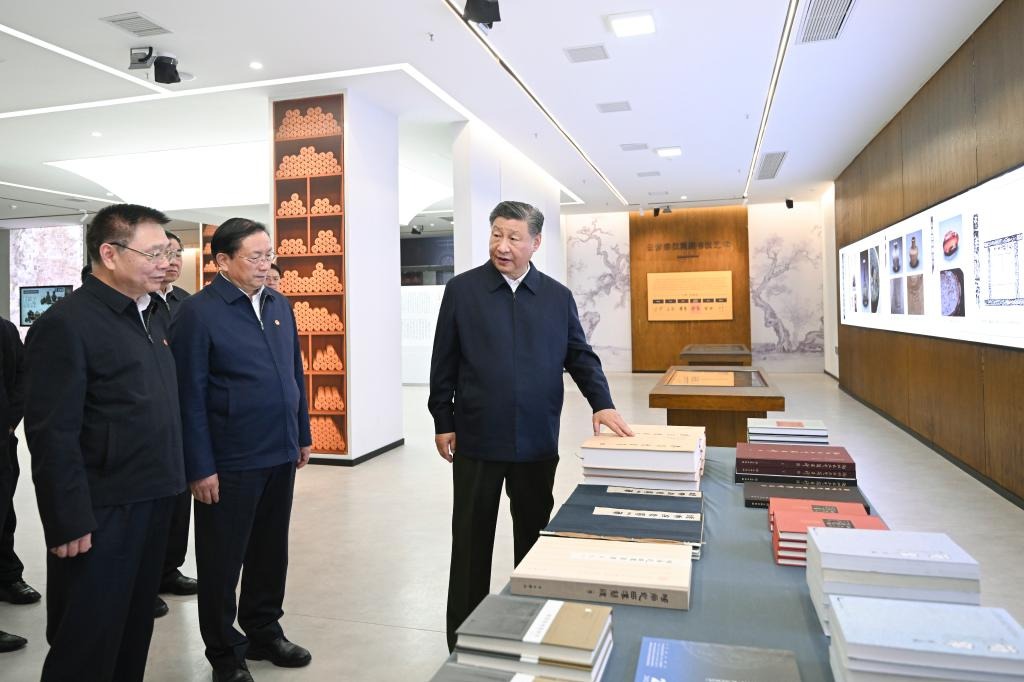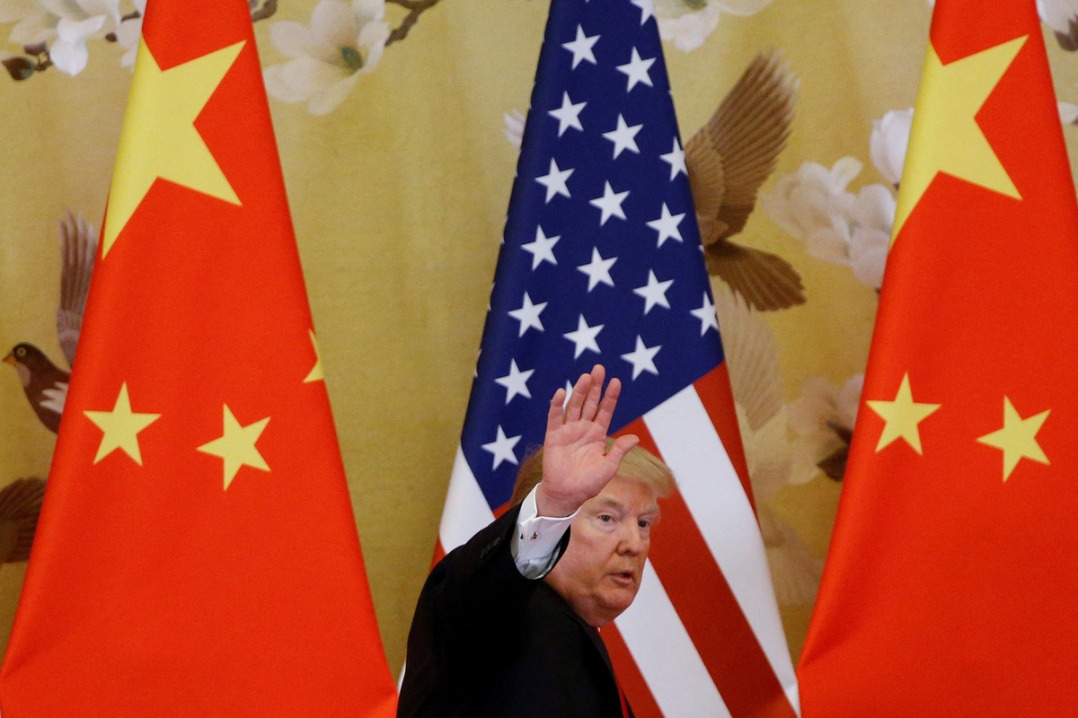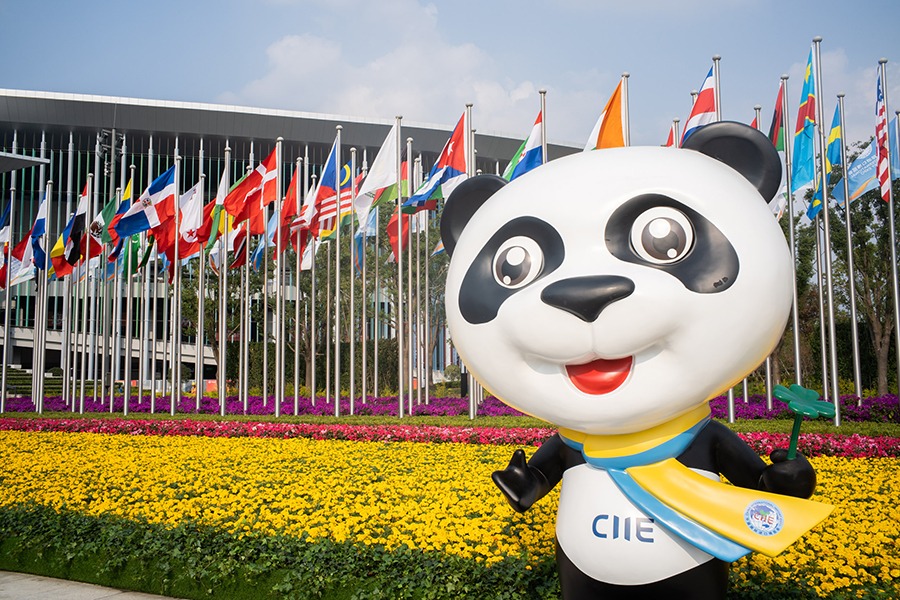Global scholars delve into Chinese path to modernization


Scholars from China and 14 countries gathered at Nanjing University on Sunday for the 4th International Conference on Marxist Literature Collections and Studies. They reached a consensus that the remarkable success of Chinese modernization demonstrates the enduring influence and values of Marxism.
Adhere Cavince, a Kenya-based scholar of international relations with a focus on China-Africa development cooperation, stated that Chinese modernization gives fresh impetus to global governance.
"It takes a trip to China to just see this scale of investment in infrastructure, agriculture, health and education, and other sectors to understand why China is a partner for many countries around the world," he added.
This year marks the 75th anniversary of the founding of the People's Republic of China. It also marks the 20th anniversary of the Central Marxist Theory Research and Development Project and the 10th anniversary of the Marxist Literature Collection Project.
This year's conference aims to explore the significance and value of the Chinese path to modernization from the perspective of Marxist theoretical innovation.
"Egypt, like many other developing countries, views China's path to modernization as a unique and positive interpretation of Marxist principles," said Ahmed Kandil, an Egyptian expert and director of the International Studies Department of Al-Ahram Center for Political and Strategic Studies, adding that many Egyptians find very useful lessons in China's modernization journey such as infrastructure investment, focus on manufacturing and export, education and skill development.
Following the successful hosting of the International Conference on Marxist Literature Collections and Studies in 2011, 2018 and 2022, the event has become a vital platform for academic exchange on the collection and theoretical study of Marxist literature.
The conference, themed "Marxism and Chinese modernization", was co-hosted by the Information and Documents Department of the Institute of Party History and Literature and Nanjing University from November 2 to 3.
































